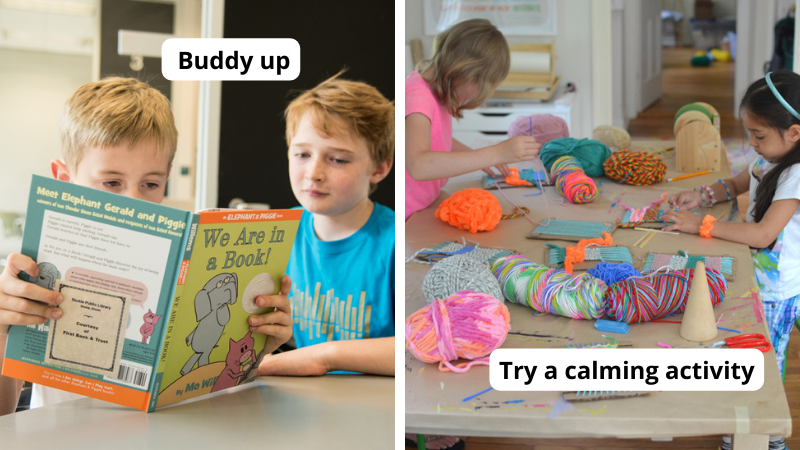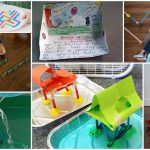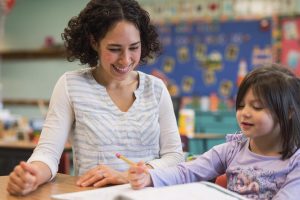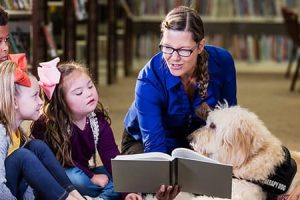
Introduction:
Supporting the social-emotional needs of students in special education is crucial for their overall well-being and academic success. These students often face unique challenges, requiring tailored approaches to address their emotional, behavioral, and social development. In this article, we will explore effective strategies for supporting the social-emotional needs of students in special education. By examining the importance of building strong relationships, providing a nurturing environment, and implementing evidence-based interventions, we can create inclusive and supportive learning environments that promote the growth and well-being of all students.
1. Building Strong Relationships: The Foundation of Support
Building strong relationships with students in special education lays the foundation for effective social-emotional support. As Rita Pierson, an educator and advocate, once said, “Kids don’t learn from people they don’t like.”
Taking the time to develop meaningful connections with students fosters trust, rapport, and a sense of belonging. Special education teachers and support staff should prioritize getting to know their students on an individual level, understanding their strengths, interests, and challenges. By showing genuine care and empathy, educators can create a safe and supportive environment that encourages students to express their emotions and seek assistance when needed.
2. Creating a Nurturing Environment: Promoting Emotional Well-being
A nurturing environment plays a crucial role in supporting the social-emotional needs of students in special education. Creating a space that promotes emotional well-being and positive behavior can significantly impact students’ overall development. As Fred Rogers, the beloved children’s television host, once said, “When we treat children’s play as seriously as it deserves, we are helping them feel the joy that’s to be found in the creative spirit.”
Incorporating elements such as sensory-friendly classrooms, calming areas, and visual supports can help reduce anxiety and promote self-regulation. Implementing consistent routines, clear expectations, and behavior management strategies tailored to individual needs can also provide a sense of structure and security. By fostering a nurturing environment, educators can support students in developing social-emotional skills and creating positive learning experiences.
3. Implementing Evidence-Based Interventions: Tailored Support for Growth
Effective interventions tailored to the specific needs of students in special education are essential for addressing social-emotional challenges. Evidence-based strategies provide a framework for supporting students’ development and promoting positive behaviors. As Howard Gardner, a renowned psychologist and educator, stated, “The ultimate goal of the educational system is to shift to the individual the burden of pursuing his or her education.”
Individualized Education Programs (IEPs) and Behavior Intervention Plans (BIPs) are valuable tools for guiding interventions and tracking progress. Incorporating evidence-based practices such as social skills training, cognitive-behavioral interventions, and peer-mediated support can enhance students’ social-emotional growth. Collaborating with related service providers, such as speech-language therapists or occupational therapists, can also provide comprehensive support to address specific needs.
Conclusion: Fostering Social-Emotional Growth for All Students
Supporting the social-emotional needs of students in special education is crucial for their overall well-being and success. By building strong relationships, creating nurturing environments, and implementing evidence-based interventions, educators can create inclusive and supportive learning environments.
Recognizing the unique challenges and strengths of each student is paramount to providing effective support. As educators, it is our responsibility to foster social-emotional growth and create opportunities for all students to thrive. By embracing these strategies and promoting a holistic approach to education, we can ensure that students in special education receive the support they need to reach their full potential.
















